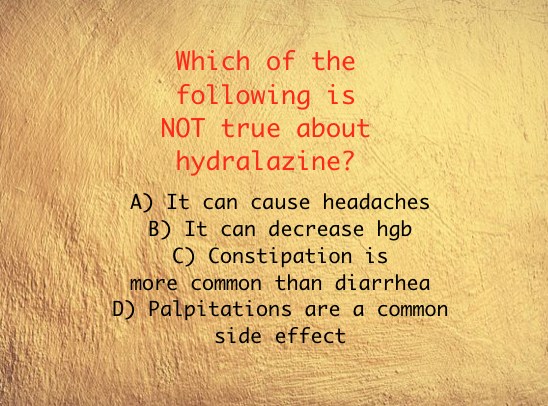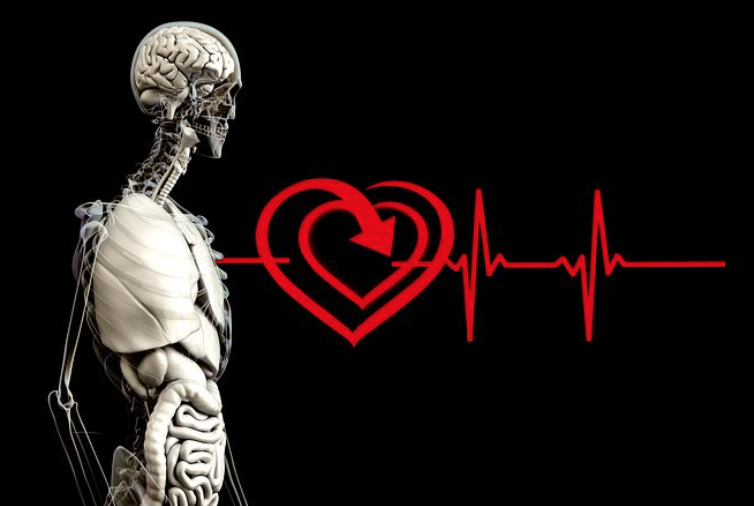WANT THE MOST CURRENT QUESTIONS SENT TO YOU? SIGNUP:
[jetpack_subscription_form]
Are you a nursing student? New nurse? Studying for NCLEX? Nurse practitioner (or student)? Medical student? Seasoned nurse? Physician assistant (or student)? Or just love to learn about medical stuff? Med Made Ez Youtube channel is the channel for you!
Example Video:
Nursing hacks, study tips, NCLEX questions, diagnosis made easy, pharmacology made easy, career tips, and so much more! Subscribe today, hit the notification bell to get the latest uploads!
TODAY’S TEST QUESTION:

CORRECT ANSWER:
A) 500 to 1,200 cells/mm3 (the upper limits of normal may vary from site to site) (2)
“CD4 count is a blood test to check the amount of CD4 cells in the body. CD4 cells are a type of white blood cell (WBC). They play a key role in the immune system. They alert other immune cells to the presence of infections such as bacteria and other viruses in the body. CD4 cells are also a subset of immune cells called T cells.When a person is living with HIV, the virus attacks the CD4 cells in their blood. This process damages CD4 cells and causes the number of them in the body to drop, making it difficult to fight infections.”(1)
“CD4 counts show the robustness of the immune system.”(1)
“Abnormal: 200 or fewer cells per cubic millimeter. It indicates AIDS and a high risk of life-threatening opportunistic infections.”(2)
“There’s no direct relationship between CD4 count and viral load. However, in general, a high CD4 count and a low — or undetectable — viral load are desirable. The higher the CD4 count, the healthier the immune system.”(1)
1) https://www.healthline.com/health/hiv-aids/cd4-viral-count
2) https://medlineplus.gov/lab-tests/cd4-lymphocyte-count/





